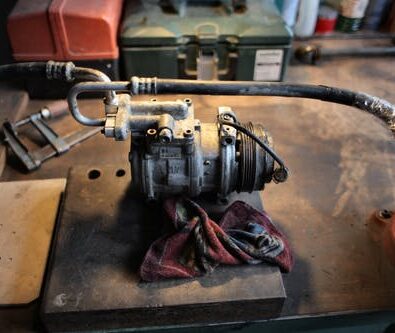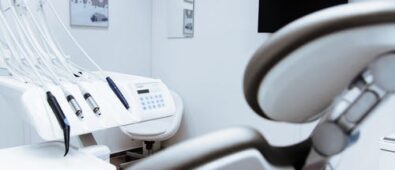Tooth extractions are a standard dental procedure, but they’re not always a welcome one. If you’re like most people, you’d rather keep your natural teeth as long as possible. So, what are the main reasons for tooth extractions, and how can you avoid them?
In this article, we’ll explore the most prevalent causes of tooth removal and discuss some preventative measures you can take to maintain a healthy smile.
Most Common Reasons for Dental Extractions
Tooth Decay
One of the most common reasons for tooth extraction is tooth decay. When left untreated, decay can progress to the point where the tooth can no longer be saved. To avoid this, visit your dentist regularly for check-ups and cleanings, and practice good oral hygiene at home.
Gum Disease
Like tooth decay, gum disease can lead to tooth loss if not treated properly. Maintaining good oral hygiene and regularly visiting your dentist can help prevent gum disease and the need for extraction.
Overcrowded Teeth
In some cases, a dental extraction may be necessary to make room for other teeth to grow correctly, such as in orthodontic treatments. To avoid this, ensure that your child receives regular dental check-ups so that any potential overcrowding issues can be addressed early on.
Impacted Teeth
Impacted teeth, particularly wisdom teeth, can cause pain and complications if not treated. Your dentist can monitor the development of your wisdom teeth and recommend extraction if necessary.
Tooth Extraction: What to Expect
When you visit a reputable dental clinic, you can expect a thorough examination to determine whether a dental extraction is necessary. If so, your dentist or oral surgeon will discuss the procedure with you and ensure you’re comfortable with the process.
If there are no dental clinics in your area, you can find one on this site https://www.strulloralsurgery.com/.
When to See an Oral Surgeon for Tooth Extraction
An oral surgeon may sometimes be required for tooth extraction, especially for more complex cases such as impacted teeth or complicated extractions. A dentist surgeon has specialized training in performing these procedures and can provide the best care for your dental health.
Dental Extraction Aftercare
After a dental extraction, following your dentist’s or oral surgeon’s instructions is essential to ensure proper healing and avoid complications. Some general aftercare tips include:
- Take prescribed medications as directed
- Apply ice packs to reduce swelling
- Avoid smoking and alcohol consumption
- Maintain a soft food diet for a few days
- Keep the extraction site clean and avoid brushing the area for the first 24 hours
Preventing the Need for Tooth Extractions
Maintaining good oral hygiene and visiting your dentist regularly for check-ups and cleanings is the key to avoiding tooth extractions. In addition, you should:
- Brush your teeth twice a day with fluoride toothpaste
- Floss daily to remove plaque and food particles from between your teeth
- Limit sugary and acidic foods and drinks that can contribute to tooth decay
- Wear a mouthguard during sports activities to protect your teeth from injury
The Takeaway
Tooth extractions are sometimes necessary, but there are steps you can take to reduce your risk. Maintaining good oral hygiene, visiting your dentist regularly, and taking precautions to protect your teeth from injury can help ensure that your natural teeth last a lifetime. Remember, prevention is always better than a cure, so invest time and effort in taking care of your oral health to avoid the need for tooth extractions in the future.




